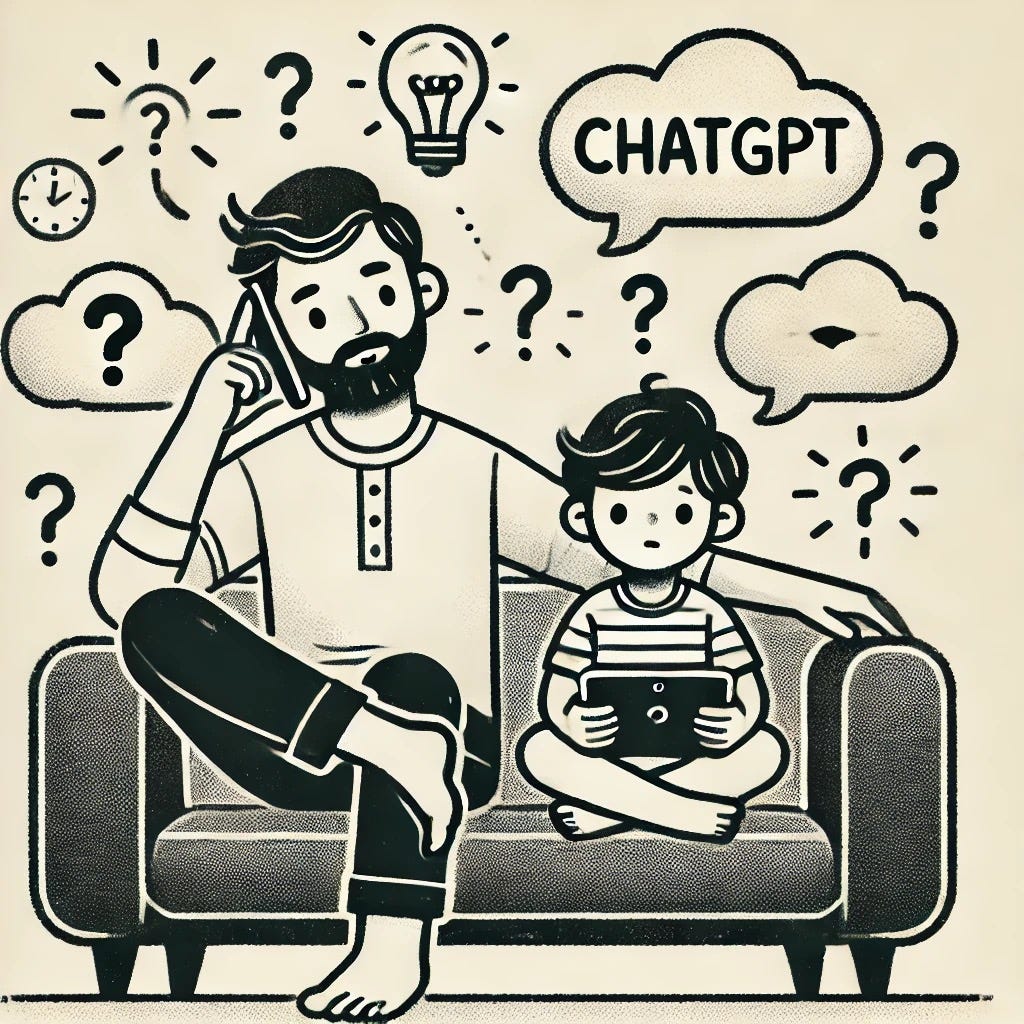The other day, my daughter asked me, “Why do people fight?”
Now, as someone who’s spent years thinking about emotional intelligence, the science of connection, and the importance of empathy, you’d think I’d have an answer ready to go. Something profound, maybe even TED Talk-worthy.
But instead, I froze.
I wanted to give her something meaningful, something that made sense. But how do you break down the complexities of conflict, human emotions, and misunderstandings to a 6-year-old? And more importantly, how do you do it without oversimplifying or sounding like you’ve figured it all out?
So I took a deep breath and said, “You know what? I don’t know. But that’s a really important question. Let’s talk about it.”
Walking Through the Question
We didn’t pull out textbooks or watch a documentary. Instead, we just talked. I asked her what she thought, and her response floored me:
“Maybe people fight because they feel upset and don’t know what else to do.”
She was right. And in that moment, I realized two things:
1. Kids often already have the wisdom we try so hard to teach.
2. I didn’t need to have the perfect answer—I just needed to give her the space to explore the question.
Fatherhood has taught me that it’s not about being the smartest person in the room. It’s about being curious, present, and willing to engage in the messy, complicated questions—even when you don’t have all the answers.
Modeling Curiosity
As adults, we often feel pressured to know everything. We think our authority comes from certainty. But what I’ve learned, especially as a dad, is that some of the most meaningful moments happen when we admit we don’t know.
By saying, “I don’t know,” I showed her it’s okay to not have everything figured out. More than that, I modeled the kind of curiosity I hope she carries with her forever—the kind that values understanding over judgment and exploration over certainty.
What I Hope She’ll Remember
When she grows up, I don’t think she’ll remember the exact words I said that day. But I hope she remembers how I made her feel—heard, seen, and encouraged to ask the big questions.
Because ultimately, Being a dad isn’t about having all the answers—it’s about walking alongside your kids as they explore the world… and occasionally outsourcing the hard questions to ChatGPT.
So here’s to all the parents who’ve ever said, “I don’t know.” May we keep showing our kids that life isn’t about knowing everything—it’s about staying curious, compassionate, and open to learning.
(And yes, I’m still working on how to answer that question in under 500 words.)





Loved this post. I totally agree that saying “I don’t know,” is helpful to the development of kids. Especially if you can be curious with them afterward to come to an answer or understanding together.